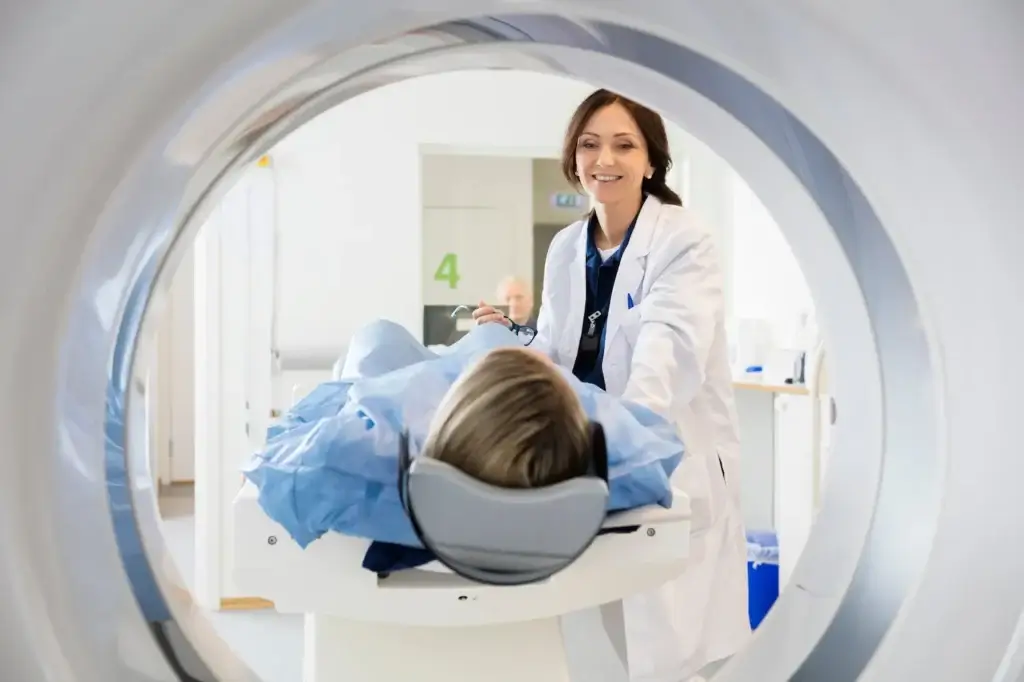News
The Angelina effect
Professor Andrew Baildam, Professor of Breast and Oncoplastic Surgery at King Edward VII’s Hospital, recently wrote an article about the Angelina Jolie effect for the HuffPost:
“Twenty years ago the idea of undertaking bilateral mastectomies for a woman who had not been diagnosed with breast cancer was not only an anathema, frankly, it was considered unethical.
As a surgeon looking after women who had been diagnosed with breast cancer, I had embraced and begun to innovate techniques of breast reconstructive surgery after cancer surgery, not only for women to have the greatest chance of being cured, but also so that they could function fully and feel as natural and normal as possible.
When my clinical genetics colleagues began to identify women who were at very high risk of developing breast cancer, but who had not yet developed the disease, there was a dilemma. It was already known that breast cancer associated, inherited gene mutations existed, and we now know that women with BRCA1 mutations result in a particular type of breast cancer known as triple receptor negative. These cancers can grow and spread rapidly and are difficult to treat as they can recur early…”
To read the whole article, click here
Latest Hospital News
Should you wish to speak to our press team, please visit Press Enquiries



